Introduction
The Moscow Power Engineering Institute (NRI) is Russia's leading technical university in the fields of energy, electrical engineering, radio engineering, electronics and information technology. Its leading position in science and education is confirmed by national awards, international and domestic rankings, and the high reputation of its graduates in large domestic and foreign energy companies.
Overview
Student size: The school has more than 20,000 students, about 570 postgraduates and doctoral students, who are trained in 24 undergraduate fields and 18 master's fields.
Faculty: It has 1,600 teachers and scientists, including 236 doctors and 971 candid doctors.
History and establishment time
The school was founded in 1930 and obtained the status of a national research university in 2011.
School strength
Teaching achievements: It has trained many outstanding talents, including former Vice Premier of the State Council of China Li Peng, former President of Romania Iliescu, etc., who have important influence in related fields at home and abroad.
Scientific research cooperation: It has cooperated with more than 250 foreign universities and ABB, Siemens, Schneider Electric, Electric Power Research Association, Skoda, Samsung and other world-renowned companies have established scientific and educational partnerships.
Institutional nature
Public university.
Educational philosophy
Focus on the combination of theory and practice, cultivate students' professional skills and innovation capabilities in the fields of energy, electrical, and electronics, emphasize scientific and technological research and development and application, and strive to provide high-quality professional talents for industry and social development. At the same time, pay attention to the comprehensive quality training of students, encourage students to participate in scientific research projects and social practice, and enhance students' comprehensive competitiveness.
Key laboratories and disciplines
Key laboratories: The school has more than 100 research laboratories, a special pilot plant, a unique educational thermal power plant, the largest science and technology library in the country, etc.
Key disciplines: Energy engineering, electrical engineering, radio engineering, electronics, information technology, mechanical engineering, thermal physics, nuclear energy engineering, automation technology, etc. are the key disciplines of the school.
Department
The school has 12 Colleges, including Power Machinery and Mechanics, Thermonuclear Power Engineering, Energy Efficiency and Hydrogen Technology, Electrical Engineering, Power Engineering, Information Technology and Computer Science, Radio Engineering and Electronics, Humanities and Applied Sciences, Engineering Economics, Distance and Continuing Education, Electronics and Nanoelectronics, Hydropower and Renewable Energy, Military Engineering, etc.
Ranking
In the QS World University Rankings, it is in the 1201-1400 range, and in the QS Emerging Europe and Central Asia region, it is ranked 163.
Expenses
Tuition fees: Undergraduate and Master's tuition fees for foreign students are as low as $5,000 per year, and for Russian students, it is $62 per year.
Accommodation fees: The cost of school dormitories varies depending on the room type and conditions, and is generally around $50-150 per month.
Campus
Teaching facilities: The campus has modern teaching buildings, laboratories, libraries and other teaching facilities, providing students with a good learning environment.
Living facilities: There are student dormitories, canteens, cafes, shops, sanatoriums, clinics, sports facilities, a large stadium "Energia", swimming pools, cultural centers and other infrastructure around and on campus to meet students' daily life needs.
-

Peter the Great St.Petersburg Polytechnic University
-
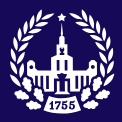
Moscow State University M. V. Lomonosov
-
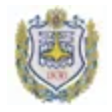
Bauman Moscow State Technical University
-
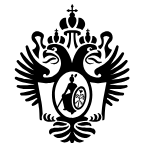
St. Petersburg State University
-

Tomsk State University
-
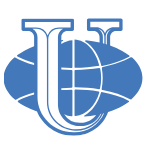
Peoples' Friendship University of Russia
-

Don State Technical University
-
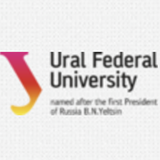
Ural Federal University
-

Moscow Institute of Physics and Technology
-
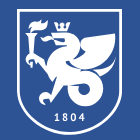
Kazan Federal University
-

Mesoamerican University
-

Istmo University
-

Mariano Galvez University of Guatemala
-

Regional University of Guatemala
-

Galileo University
-

Francisco Marroquín University
-

Rafael Landívar University
-

University of the Valley of Guatemala
-

University of San Carlos of Guatemala
-

Technological Institute of Tlaxcala Plateau
-

Golfo University
-

Technological University of South Sonora
-

Technological University of Huejotzingo
-

Tizimín Institute of Technology
-

Chilpancingo Institute of Technology

